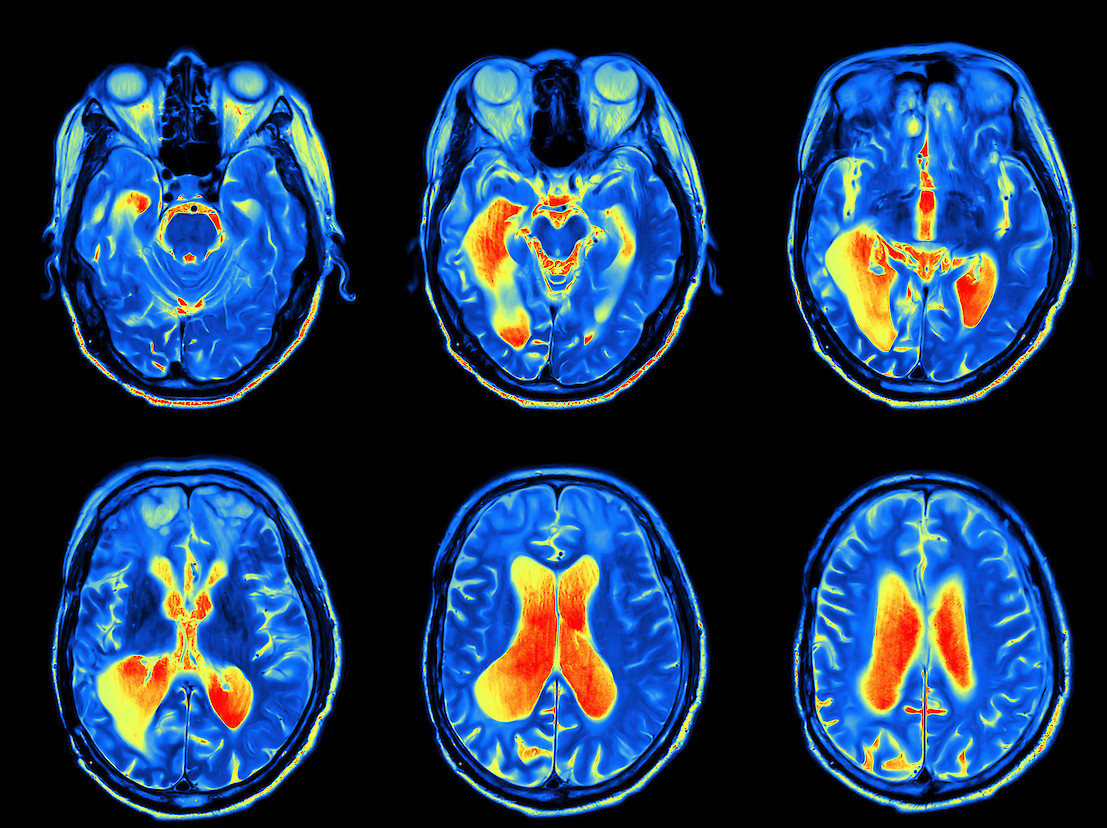How more effective treatments are being developed through an understanding of the neural basis of cognitive, emotional and behavioural dysfunction

While people frequently monitor their physical health, using wearable tech and other devices, we are much less likely to consider our brain health. The most important role of countries is to promote their citizens’ cognitive resources in order to prosper both economically and socially. With an ever more competitive global environment and the rise of artificial intelligence (AI), it is important to think how we can boost brain power and wellbeing. In addition, the importance of early detection of mental health problems in order to treat them effectively is essential to prevent these disorders from becoming chronic and debilitating. In this lecture Prof. Sahakian will focus on how to improve brain health, motivation and wellbeing including the use of cognitive enhancing or ‘smart drugs’ and also the use of brain training apps.
Prof. Barbara J. Sahakian, University of Cambridge

Prof. Sahakian's research is aimed at understanding the neural basis of cognitive, emotional and behavioural dysfunction in order to develop more effective pharmacological and psychological treatments. The focus of her lab is on early detection, differential diagnosis and proof of concept studies using cognitive enhancing drugs. This research utilises neuropsychological tests, such as the CANTAB tests, which she co-invented and a focus remains on the development of novel tests. Current study participants include healthy volunteers and patient groups with brain injury, Alzheimer’s disease, attention deficit hyperactivity disorder (ADHD), obsessive compulsive disorder, substance abuse, depression and mania. Techniques used include psychopharmacological, neuropsychological, neuroimaging (fMRI and PET) and genetic ones. Results from recent studies of ecstasy use and cognitive enhancement using methylphenidate, modafinil and atomoxetine have led to an interest in pharmacogenomics and neuroethics.
Attending lectures
Slides and audio
Audience feedback
First rate on an interesting, relevant and complex subject. Most interesting Question and Answer and discussions in the bar.
Excellent informative talk, that peaked ones interest in the subject of pharmaceuticals and mental illness. Would have liked to know if there were more non pharma methods of saving the brain with particular reference to foods that may help...
The lecture will be preceded by a short presentation from a CSAR PhD Student Award winner
Intelligent stethoscope for low income countries
Ed Kay
Slides and audio